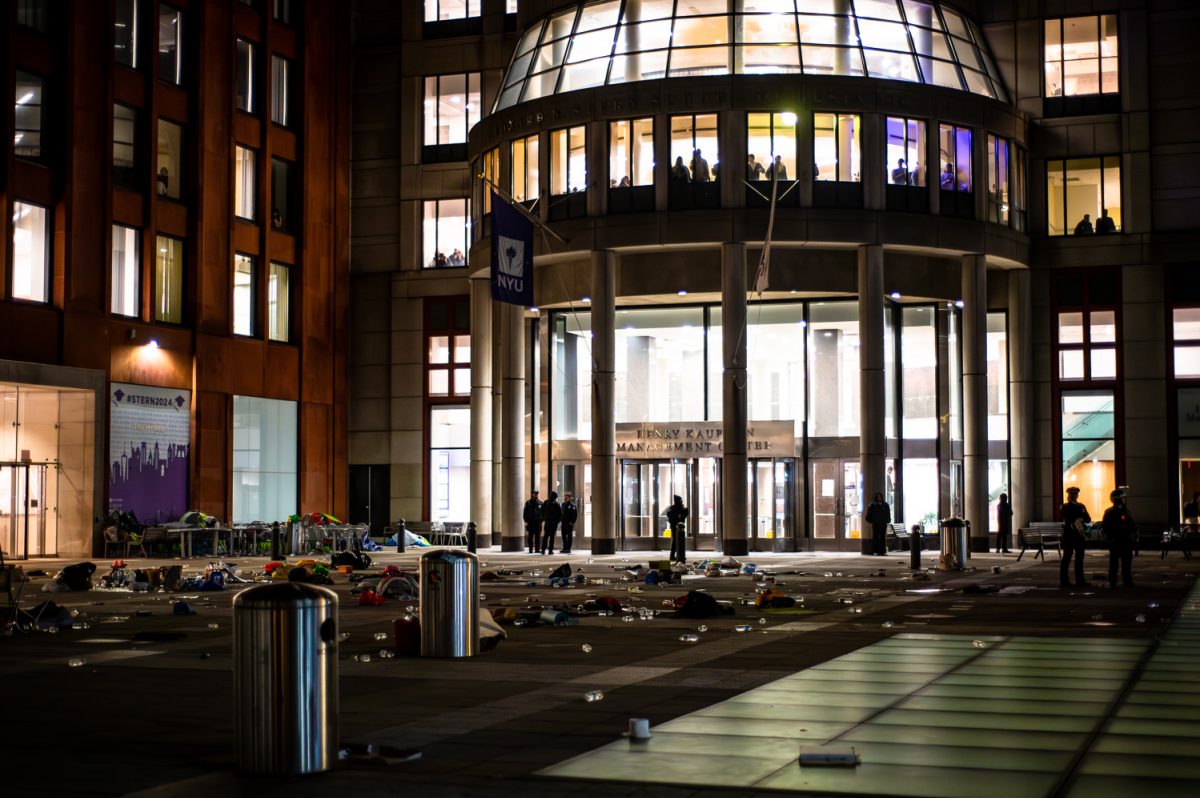Yesterday morning, yet another public mass shooting occurred. This time the incident happened near the Brookfield Mall, just west of Milwaukee. The gunman, Radcliffe Haughton, killed three people and wounded four others before taking his own life. According to Brookfield police chief Daniel Tushaus, the shooting was probably the result of a domestic dispute between Haughton and his wife, who was one of the three victims. The two others were most likely innocent bystanders — an unfortunate case of being in the wrong place at the wrong time.
We had gone almost two months without a mass shooting like the one we saw yesterday. It was almost long enough for us to begin to forget about July’s movie theater shooting in Colorado or the Sikh temple shooting in August, which also happened in Wisconsin.
After tragic events such as this, many are quick to condemn anybody standing atop a soapbox and preaching about the ways it could have been prevented. And time and again we are told, primarily from politicians, that it is not right to politicize a tragedy of such magnitude. Politicians take a break from campaigning to honor the memories of the victims. We saw that in Aurora. Many refuse to acknowledge potential societal causes in the name of respect for those killed. We saw that with the temple shooting. But acknowledging what allowed a tragedy to happen enables us to respond with the proper steps needed to curb similar events from occurring.
Politicizing shootings invites the public to reflect on the underlying issues behind such tragedies, and one of the main issues that continuously arises is gun control, one of the oldest but most controversial issues in the history of the United States. It is also an extremely sensitive problem that ideologically polarizes the nation. Politicians, especially presidential candidates, are unwilling to voice their positions on the issue because doing so tends to jeopardize their campaigns. Putting shootings under the umbrella of political issues forces the elected officials to revisit the issue of gun control and place it in the limelight.
Exploring gun accessibility, random violence and issues of mental health in the political sphere, ensures a dialogue that may prevent our culture from enduring these tragedies. And that, in itself, lends substantial value to politicizing such events.
A version of this article appeared in the Monday, Oct. 22 print edition. Email the WSN Editorial Board at [email protected].










































































































































